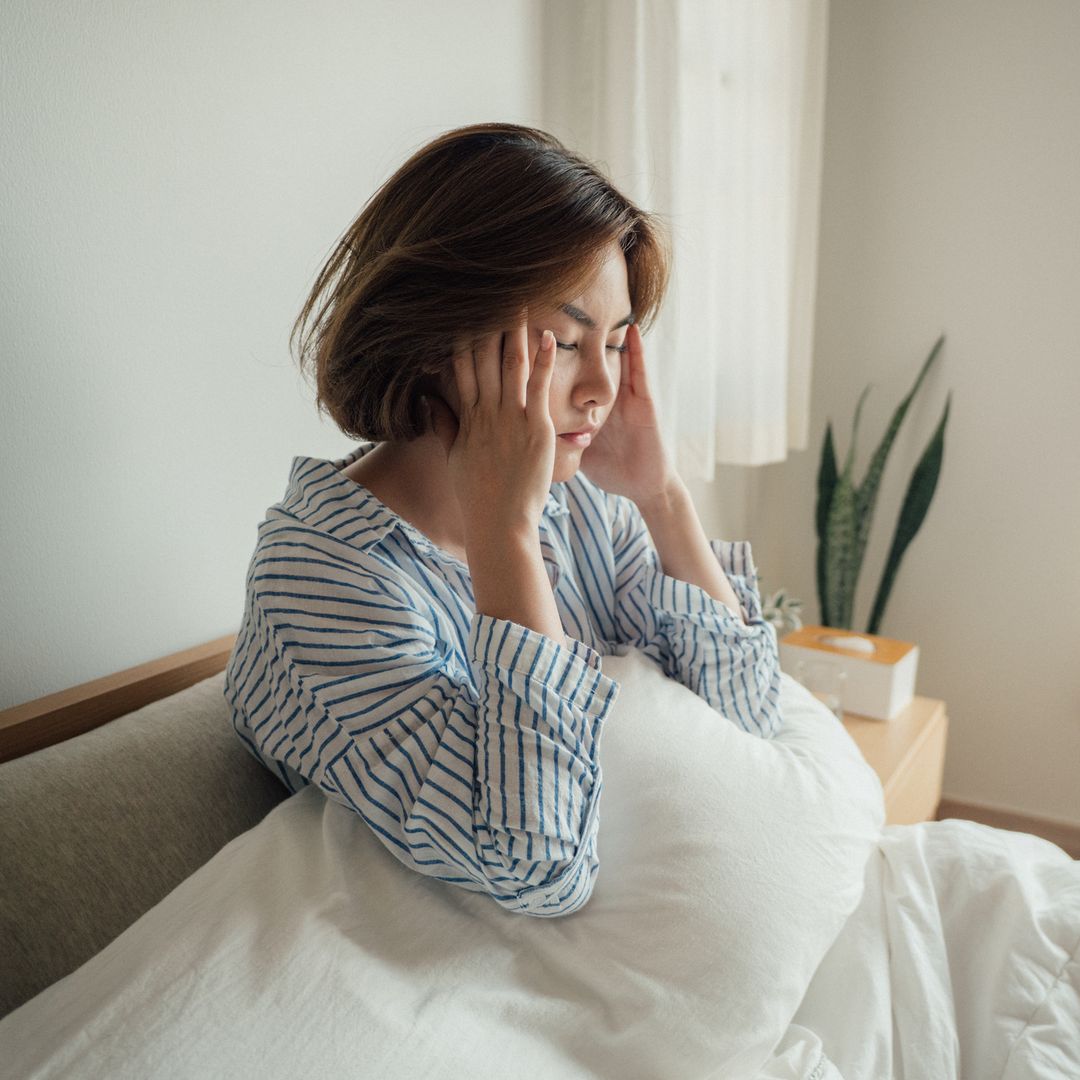Dr. Linda Papadopoulos is one of today's most renowned psychologists and an expert on psychodermatology.And her recent collaboration with myhandeczema.co.uk, has revealed that 82% of us say they are embarrassed or ashamed of their condition and more than three quarters admit that it has a negative effect on their mood.We talk to Dr Linda about herself, psychodermatology, and get the ins and outs of eczema, among other skin conditions.
How did you come to work in psychodermatology? "I am an only child in a super close Greek family, and I remember my cousin Alexia developing Vitiligo, a depigmentation disorder, in her early teens.She went from being outgoing and extrovert; to it affecting how she saw herself and how others saw her. It had a huge impact on her life, and on so many decisions she had to make growing up.It really struck me how the way we look affects the way we feel, and the more I researched later I realised that not only does the way you look affect the way you feel, but that the way you feel could affect the progression of illnesses as well. It works both ways."
How exactly are the skin and the psyche closely related? "When the embryo is developing, both the skin and central nervous system develop from the epiderm. That's why when we're nervous we sweat and blush.In research we did in the Royal Free we found that your personality really affects the progression of these conditions. If you speak to anyone who's had eczema they'll tell you they can map out exacerbation with things going on at home.One of the things my research into vitiligo found was that stress can kick it off, like bereavement, and separation."
In your career, what has been your most satisfying project? "In one of my first studies we took a group of people with Vitiligo and devised a cognitive behavioural protocol. We looked at self esteem and body image, and looked at the size of the lesions and how many lesions there were, and we found that there was an improvement in these people's skin over time, and how they felt.The most amazing thing was they didn't care that their skin was better because the therapy had worked so well and they were happy with themselves and who they were. It was such an eye opening experience.You think the worse you look, the worse you feel, but it's really not like that. So much is this junk in our heads, all these shoulds and have to's. Your mind can affect your body so much that it can actually heal a condition or improve it. Also, if your mind is in the right place, you can walk around with your arm falling off and be cool about it.
Do you have top tips for our readers on caring for eczema?
• Get help and get support.• Because of the social implication around eczema I think it's vital to get support from websites like myhandeczema.co.uk, or support groups with people who have been there.• Keep a diary. It's important to see how life events affect your illness. It might be things you didn't even think would affect you; a particular thing at work, or every time the summer comes and you get anxious about having to expose parts of your skin.• Try to understand how your life and your behaviour affect your illness.• Just because people can see it doesn't mean you need to apologise for it or make excuses for it. It's your condition, so work on those social things.• Don't put your life on hold. These conditions are episodic, they come and they go. You mustn't let the condition control your life, you must control the condition. Make it a small part of your life and don't let it define you.• With beauty products, stay away from perfumed things. Get samples and try them
The Duchess, Holly and Kate are most 'inspirational beauties'










